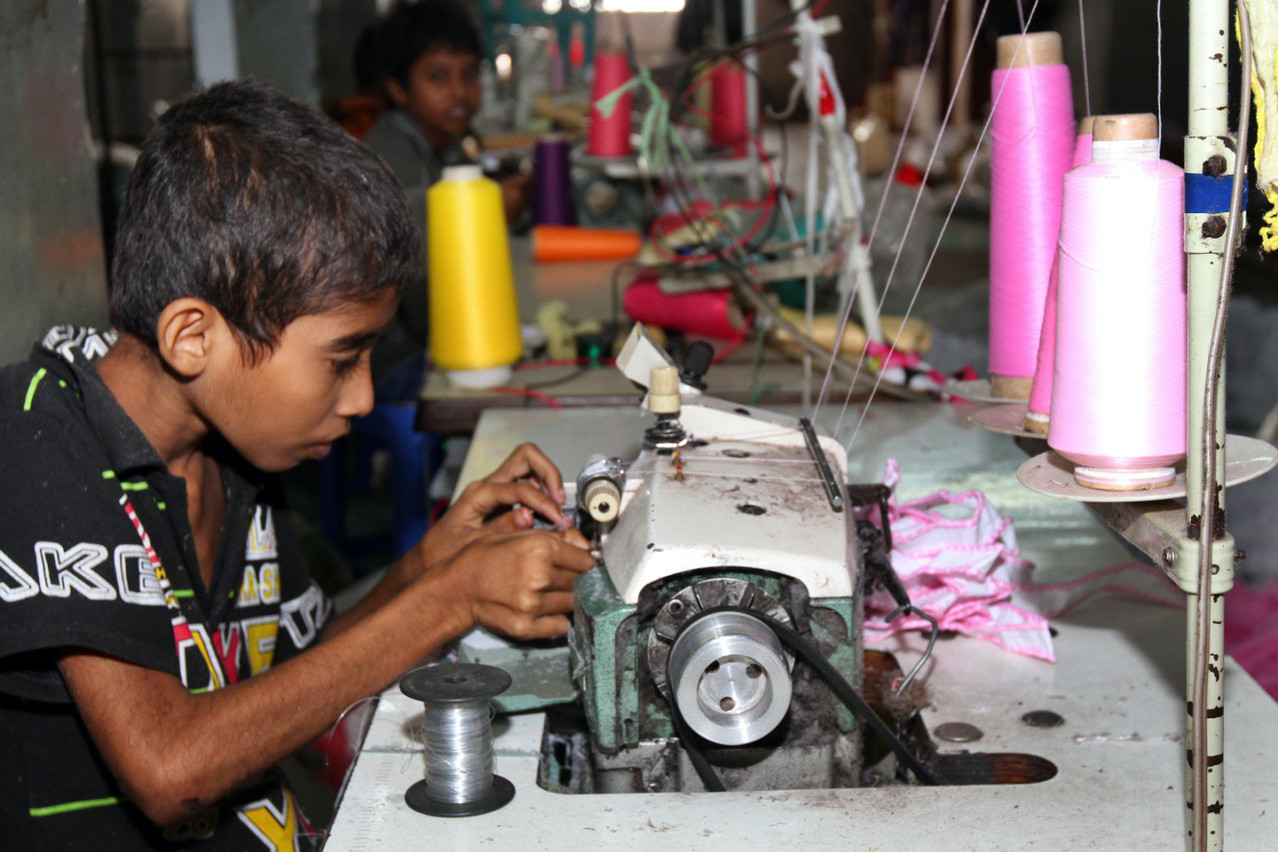On 15 October 2021, Luxembourg was elected for the first time by the United Nations General Assembly in New York to a seat on the Human Rights Council for the term 2022-2024, eight years after submitting its candidacy.
“Our country will strive to make a useful contribution to the work of the Human Rights Council during the 2022-2024 term, particularly in our four priority areas: support for the rule of law, civic space and human rights defenders and the fight against impunity; human rights-based sustainable development and climate action; gender equality and the fight against discrimination; and the protection and promotion of children’s rights,” said Luxembourg’s head of diplomacy, (LSAP).
87% of residents in favour of a law
Fast forward one and half years later. While “87% of the resident population is of the opinion that a law should be introduced requiring companies headquartered in Luxembourg, including those in the financial sector, to take measures to avoid human rights violations and environmental damage in their value chains,” says a poll conducted by Ilres last year, nothing has really moved forward.
The coalition agreement had not closed the door on the idea of “legislating on duty of care for companies domiciled in Luxembourg,” “insofar as this will make it possible to guarantee respect for human rights and the environment throughout their value chain.”
Of the parties surveyed by the ahead of the general election campaign, only two have decided to support a citizens’ bill: the Piratepartei and déi Lenk. Déi Greng, which is rather close to these issues, has taken refuge behind its participation in the coalition.
It’s an approach that is both understood and... contradicted by other examples, explains one of the coordinators of the initiative, Jean-Louis Zeien. “In the Netherlands, MPs from six parties, including two in government, have taken a very clear position in favour of a bill,” he explains.
Five components
In mid-May, (Piratepartei) and (déi Lenk) co-signed the citizens’ bill so that it would have a chance of being examined during this legislature, even if the probability of it becoming law before the autumn parliamentary elections is close to zero.
The text submitted to the Chamber of Deputies stipulates that when a company meets “two of the following three thresholds, i.e., at least 250 employees, an annual turnover of more than €50m or a balance sheet total of more than €43m,” it must draw up, publish, comply with and evaluate a compliance plan comprising five components:
- risk mapping
- regular assessment of the situation of subsidiaries, subcontractors and suppliers
- appropriate actions to mitigate risks and prevent serious harm
- a mechanism for alerting and collecting reports
- a mechanism for monitoring measures and evaluating their effectiveness.
Among the points to note: the financial centre would also fall under this law. A new regulator would have to be created and SMEs would only be accountable in certain cases.
A European version in the pipeline
The parties not associated with the text--ADR, CSV, déi Greng, DP, LSAP--have all campaigned for European legislation. On 1 June, the European Parliament adopted its position ahead of trilogue negotiations before the summer.
Some leading NGOs are already warning that the compromise on which MEPs are working will have very limited impact. , Amnesty International deplores the fact that the end use of certain products has been removed (what about plastic bullets used by police forces?) or that companies are obliged to put in place a mitigation plan without being required to implement it...
And the two levels, national and European, are not mutually exclusive, notes the Initiative pour un devoir de vigilance. It was even literally in the recommendations of Basak Baglayan, the doctoral student who was asked by the government and its foreign minister to as part of his bid for a seat at the UN in 2020.
But it should also be noted that Asselborn took a step forward in July 2022 when some fifty companies and organisations signed a national pact on business and human rights. This initiative, which had been launched a year earlier, was never heard of again.
Luxembourg also has everything to gain from being in the vanguard, notes the OECD: not only are companies better prepared for legislation that is about to arrive at European level, but they are more sustainable, they do not need to devote money or energy to compensation measures, and this gives them a better image internally and externally, which has an impact on attracting talent and increasing productivity.
This story was first published in French on . It has been translated and edited for Delano.
